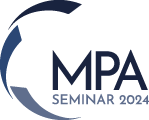Structural Materials Modelling
and component integrity for safety relevant applications
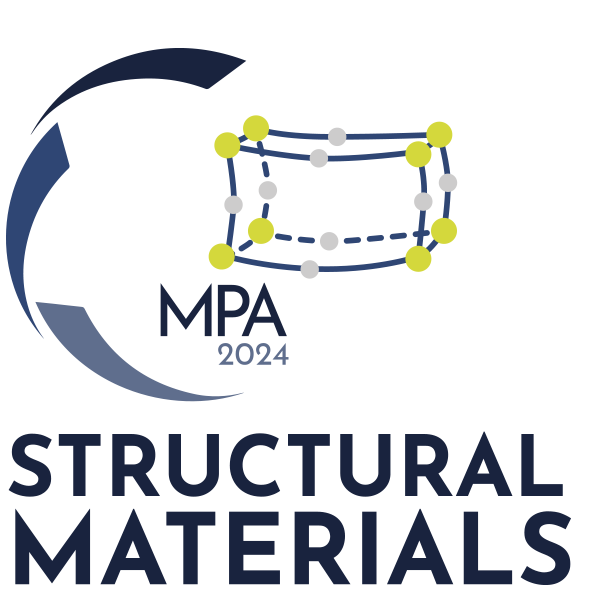
October 10th. 2024
Structural Materials Modelling
and component integrity for safety relevant applications
In the ever-evolving realm of engineering and materials science, structural materials modeling has emerged as a crucial field, enabling us to design, analyze, and predict the behavior of materials and structures under varying conditions. This multifaceted discipline plays a pivotal role in meeting the ever-increasing demands on predictive accuracy, especially as the complexity of structural systems rises. We offer a platform for a professional exchange of international experts on safety relevant applications in power plants, process engineering, pressure vessels, pipelines, automotive, railway, aircraft, maritime, plant & civil engineering, as well as renewable energy. Both, techniques for components with cracks and assessment approaches for flawless components are covered.
Techniques include, for instance, finite element method (FEM and XFEM), atomistic methods, phase-field modeling, scale-bridging, coupled simulations, complex boundary conditions, high speed or impact modeling, analytical models, new methods or material models as well as probabilistic approaches. Numerical investigations are validated using experiments
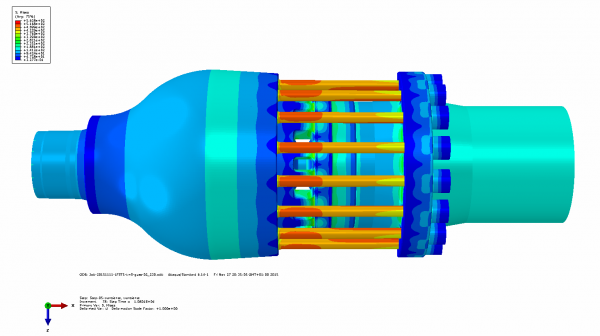
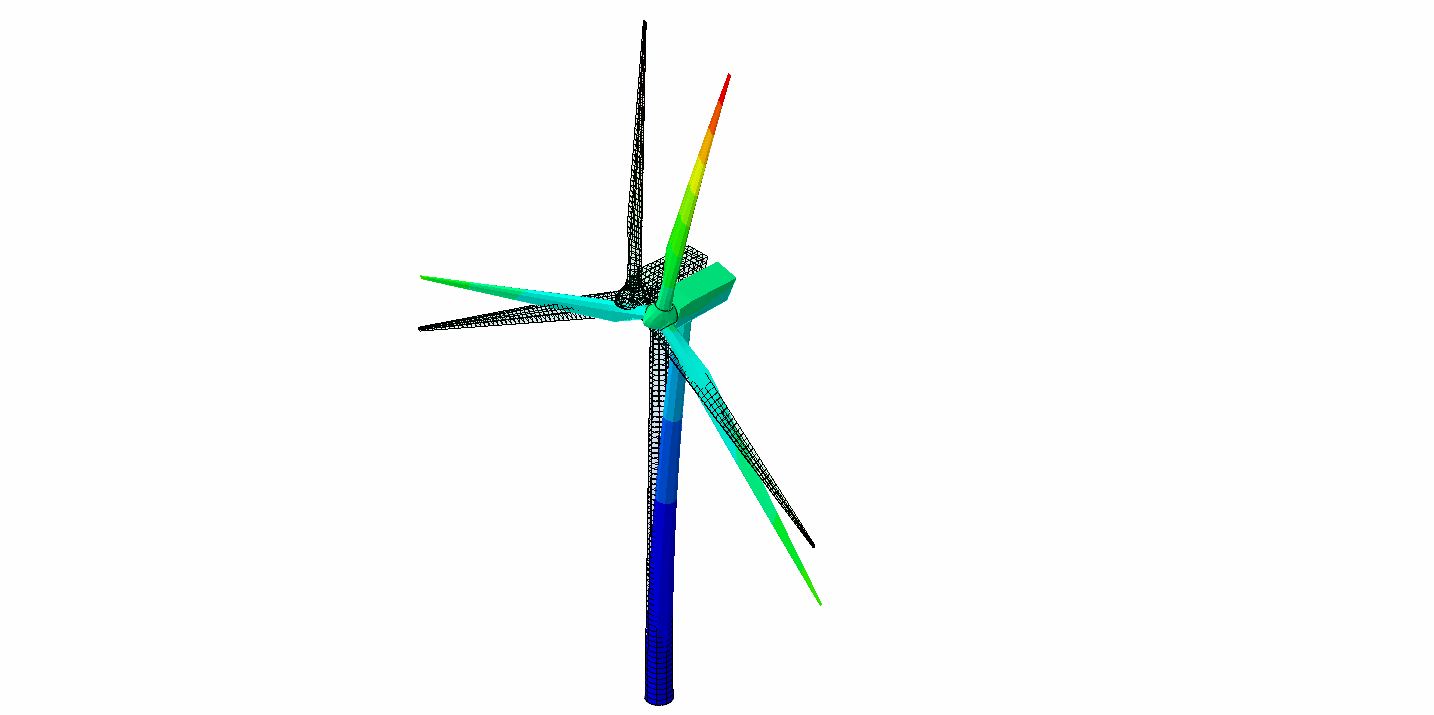
Different mechanisms of damage and their combinations including corrosion, creep, fatigue, environmentally assisted fatigue, hydrogen influence and crack growth will be presented and discussed, aiming at a precise prediction of limit loads, load cycles or crack growth rates of real components, component tests or validated data. The covered topics include, but are not limited to:
Join us for an interesting session with lots of insightful presentations from renowned experts, engaging panel discussions and workshops, networking opportunities with peers in the field and possibilities to explore cutting-edge modeling techniques and applications.
Contact us
You have further questions or want to propose a topic?
Give our experts a call!
